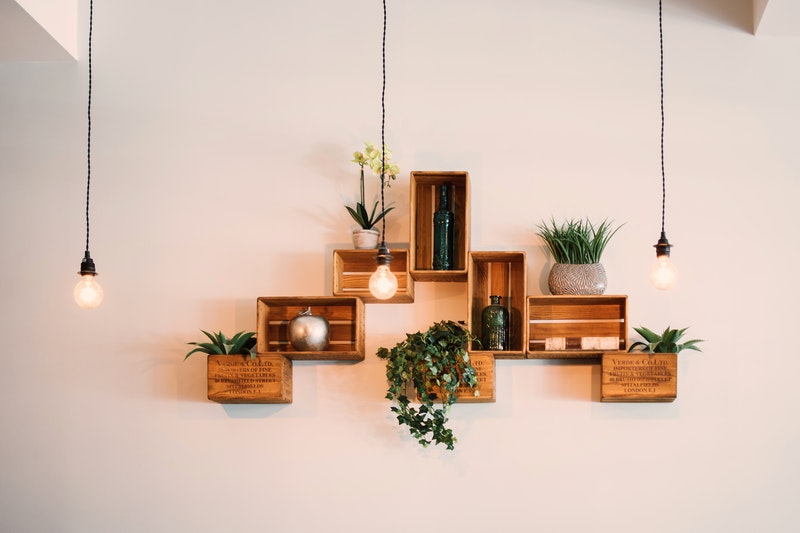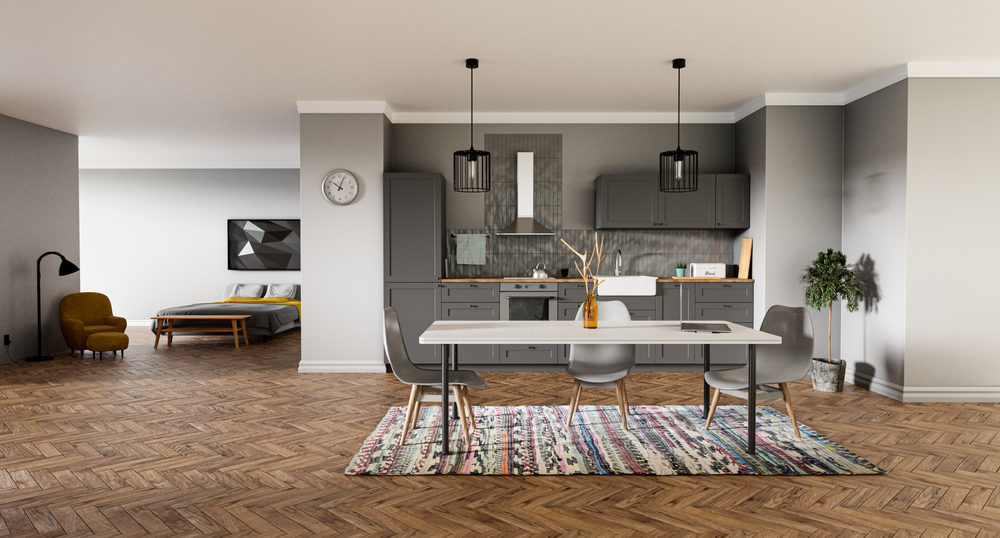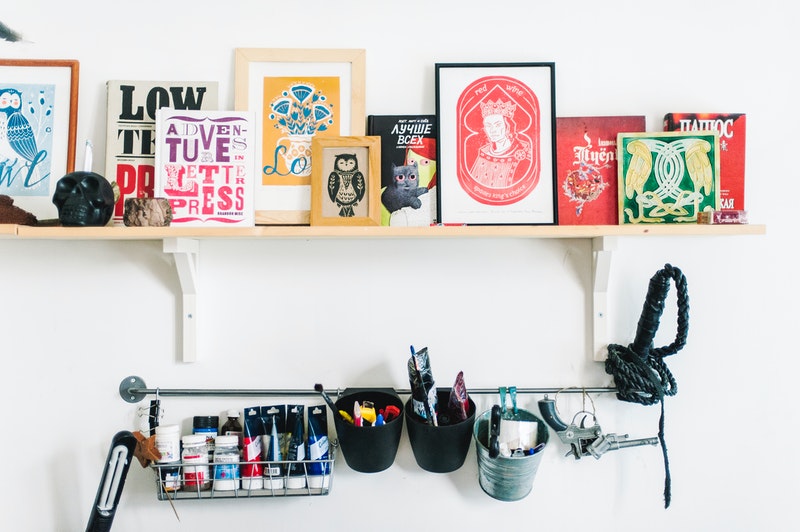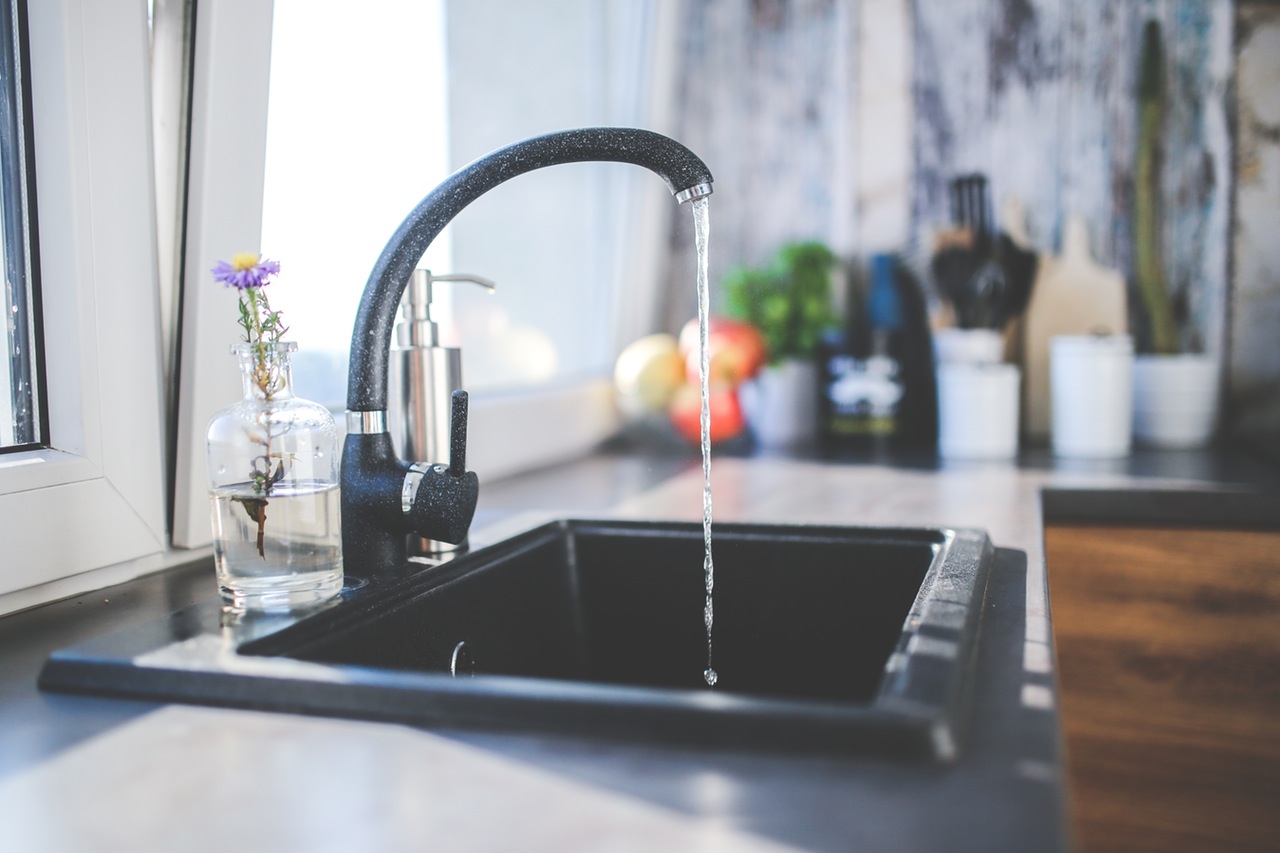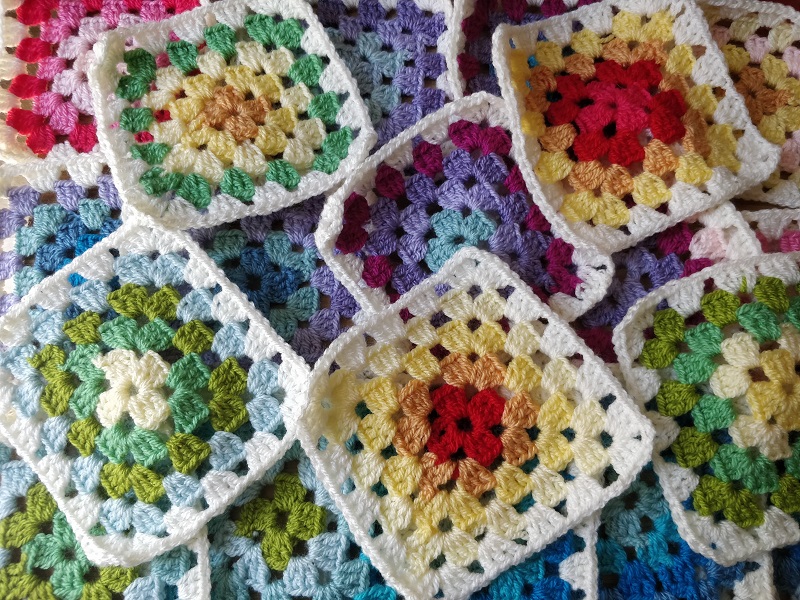The best ways to add value with renovations to your home

Improving your home can be one of the best investments anyone can make. If you choose the right renovation, not only will it pay for itself but could actually make you money when it comes to selling the property. However, not all home improvements are equal, and some adaptations are more desirable to home hunters than others.
This means that you should carefully consider which changes will maximise the value of your home. At the outset, it’s worth planning how much you want to spend and how much disruption you can live with. Have a look at similar homes on your street or area and see which changes they have made and notice any differences in value.
Double story extension
An extension that creates more space both upstairs and downstairs will certainly add value to your home. However, this is major work that can take months to carry out by professional builders unless you are comfortable doing the work yourself. There is a wide range of equipment available to hire for your latest home renovation project these days, from cement mixers and sanders to diggers, dumpers and telehandler hire.
In many cases, you will need to hire an architect and get planning permission for work. The cost of an extension will vary considerably depending on the size of the work being carried out as well as the finish you want. The value created by the renovation will depend on the amount of extra space created. Again, it’s important to remember there may be a ceiling price for properties in your area so do your research beforehand. Talking to a knowledgeable builder about the scope of work you are considering and your budget is a good first step to take.
If you are planning to carry out extensive changes, standard home insurance policies often won’t cover the work – particularly if the property is left unoccupied for any period of time. Check your policy before you start any developments because you may need to take out specialist home renovation insurance which will protect the property during work. Here are some of the changes that can add the most pounds to the value of your property.
Loft conversion
Converting a loft and turning the space into an extra bedroom is a surefire way to add value to your home. When planning a loft conversion, you may not need planning permission but you will normally need to speak to an architect and get a professional builder to carry out the changes. This means it can be an expensive renovation to carry out, typically costing in the region of £50,000.
However, as a general rule of thumb, a loft conversion can add around 15-20 percent to a property’s value. Or to look at it another way, an extra bedroom usually adds tens of thousands of pounds in value. If there is space, try to build an en-suite into the conversion for maximum value add. An extra bathroom is a draw for many home hunters while an en-suite gives the impression of a little luxury. See my post on how to style your loft conversion for some great tips.
The value added by a loft conversion will depend on where you are in the country. In London, where space is at a premium and house prices are highest, a loft conversion will usually always pay off. But, for example, spending £50,000 on a loft conversion with a property valued at £200,000 may not make it worthwhile. It’s a good idea to check the ceiling price on properties that are similar to yours – look at a comparable property that has had work done and compare the change in value.
Garage conversion
Increasing the usable living space within a property is one of the best ways to bump up the value. A garage conversion can add around 15 percent in value to a home. With the structure already in place, you can expect to pay between £15,000 and £20,000 to insulate the walls and change the flooring to make it a space that is part of the home.
Changing the garage to an office or gym room could be particularly appealing as more people work from home. And if you don’t already have a toilet bathroom on the ground floor, it’s a good idea to consider adding one in as part of the renovation. An extra bathroom typically adds around five percent to a home’s value. A utility room is another space that is more popular with home hunters and could create a good return on your investment.
New kitchen extension
A new kitchen is an instant value add to a home and the cost can be easily adapted to your budget. The price of getting a new kitchen can come in below £10,000 if it’s on the smaller size. Giving the kitchen an easy refresh won’t require planning permission and you can do it without an architect.
Kitchens are often the heart of a home and more families want open-plan multi-functional dining living areas. This is a bigger project but may be possible by knocking through a couple of walls to create a more functional, stylish kitchen space. And if you are knocking through walls, you could consider extending the home at the same time. Carrying out this kind of work will depend on many factors, but you would be looking at a building cost of at least £40,000, without factoring in the price of a kitchen. You could also need planning permission.
However, adding extra space to a home is a great way to add value to a property. Depending on the extent of kitchen changes, it can add between 5-15 percent to the value of a property. Work within this budget at the outset to make sure renovations don’t end up costing more than they give back in added value.
Conservatory
Popping a conservatory onto a home can be a more straightforward way of creating valuable extra space that is light and inviting. The area can be used as a quiet room, a playroom or another living room area, all of which are appealing to families.
In many cases, you won’t need planning permission to add a conservatory, which makes the renovation faster and easier than other major changes. Overall you can expect to pay around £10,000-15,000 for the structure and it can add between 5-10 percent to a home’s value. When planning a conservatory, it’s a good idea to be mindful of how it will impact your outside space.
If the new structure is set to swallow a large chunk of the garden, this could end up being a negative point when it comes to selling the home.
Orangerie
An orangerie is similar to a conservatory, but the difference is within the construction of the space. A conservatory has a glazed roof whereas an orangerie tends to act as more of an extension of the home with a solid roof. As a result, an orangerie is typically more expensive to build but is also likely to add more value to the home overall.
The downside of a conservatory is that the glass building material can make it very cold in winter, as well as very hot in summer. On the other hand, an orangerie is less likely to experience such extreme fluctuations in temperatures, making it a space that is easier to use and more attractive to homebuyers willing to pay a premium.
Energy efficiency
As the price of gas and electricity have increased, the cost of heating and running a home is a more important factor to many families. Investing in improving the energy efficiency of your home could be a shrewd move when it comes to adding value.
For example, heat pumps are an alternative to gas central heating that cost around £15,000 to install but can save a lot of money on bills. This means you will make savings if you are planning on staying in the property and will make a great selling point when it comes to putting the property on the market.
The good news is that the government is encouraging homeowners to make changes through its Help to Heat schemes. This means you can get grants to upgrade your boiler or improve the energy efficiency of your home depending on your individual circumstances which makes the cost of making changes far lower.
Curb appeal
Do not underestimate the power of small home improvements to add value. A lick of fresh paint, tidying up the garden, and decluttering your belongings can make a property far more attractive and therefore valuable.
Curb appeal is a very real thing and many prospective buyers will make up their minds before even entering a property. Spending a few thousand pounds sprucing up the exterior – perhaps by adding a porch or creating off-street parking – could be an extremely good use of money when it comes to selling.
Get advice
If you’re not sure which home renovation to make, it could be worth asking a specialist home insurance expert and a couple of local estate agents to come and see the property, which they’ll usually do free of charge. These professionals can advise on the changes that will help bump up the value of a home and can also give a steer on how much similar properties have sold for in the area.
